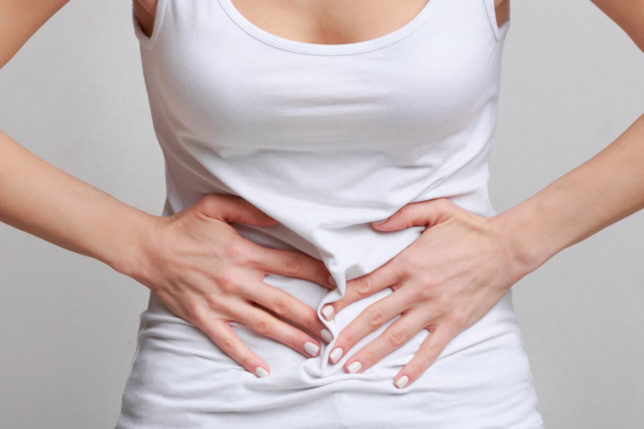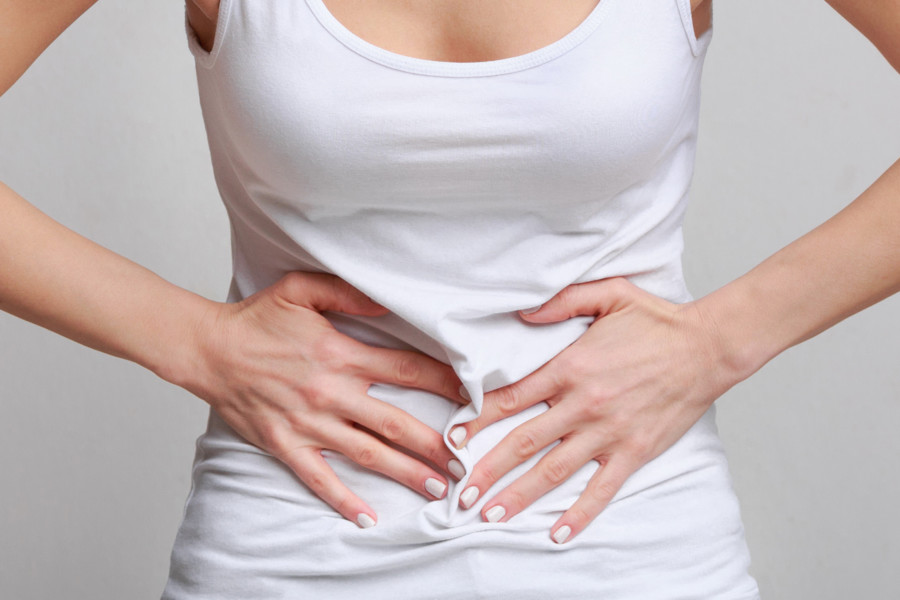The pace of modern technology and research has allowed more medical discoveries than ever before, one of which is the growing data regarding the link between gut health and mental health. Mental and physical health is a growing interest for people of all ages, with individuals becoming more aware of the importance of looking after both. One discovery professionals have made is the impact that gut health could have on mental and physical health; the gut and the brain are directly connected through neural pathways, which means that when the brain releases chemicals in the gut, it then triggers the gut to release chemicals in the brain.

Simply put, bad gut health is a result of an imbalance of good bacteria in the gut. There can be numerous complications that are associated with having an unhealthy gut, many of which people do not expect – sudden weight loss or gain are symptoms that may be experienced with bad gut health; additionally bad sleep quality, headaches, bloating, general irritation and diarrhoea are all signs that there are problems with your gut. However, these symptoms can be linked with other issues such as intolerances – therefore they can often receive incorrect treatment.
Furthermore, research has shown that anxiety and depression could be linked with bad gut health; this is a much more alarming sign. These illnesses, plus many other mental issues, can greatly affect a person’s life – especially if it seems to be developing randomly. As well as mental illness, individuals could experience lack of concentration, irritability, an inability to relax or indecisiveness. Many people tend to push these to the back of their mind, perhaps due to the surrounding stigma, and without another person’s perspective they usually end up going untreated.
If these symptoms are ignored, it can eventually lead to more harmful and complicated problems. IBS is one problematic gut issue; it can leave people feeling worried about going out, resulting in a continuous cycle of fear; the more distressed a person is about their physical symptoms, the more it is likely to affect their mental health and emotions.
It is a good idea to take note of when mental and physical flare ups occur to help recognise whether they are connected to gut problems. There are many ways we can ensure that both gut health and mental health remain as well as possible: firstly, for gut health, it is vital to look at nutrition; fewer processed fats and red meats, a variety of greens, fibre and healthy proteins are all helpful. Also, ensure that enough water is drunk throughout the day to encourage normal and regular bowel movements – experts suggest two to three litres per day. If bowel problems continue yet nutrition is all in order, it may require other treatments such as colon hydrotherapy or specialist massages to help further.
Similarly to poor gut health provoking mental health issues, suffering with mental health issues may be the trigger for poor gut health, perhaps due to loss of appetite, unhealthy eating patterns or increased stress hormones within the body. Therefore, looking after your mental state could also help to significantly reduce or even eradicate gut problems; exercise regularly, practice mindfulness, speak to experts or even family and friends. These can all help significantly in the battle for a happy mind and a healthy gut.
About the expert
 Miss Velile Ndebele RGN BSc(Hons) I-ACT has been working in Healthcare in both NHS public and private sector since 1994, working for major NHS public hospitals as well as respected private healthcare companies like BUPA. She is Founder and Clinical Director of Aqualibria since its inception in 2005. Her responsibilities include healthcare strategic vision, business design and implementation. She oversees that day-to-day management of centre as the Lead Therapist and is also an Instructor for new recruits. During her time at Aqualibria, she has overseen over 19,000 colon hydrotherapy treatments. For more information visit www.aqualibria.com
Miss Velile Ndebele RGN BSc(Hons) I-ACT has been working in Healthcare in both NHS public and private sector since 1994, working for major NHS public hospitals as well as respected private healthcare companies like BUPA. She is Founder and Clinical Director of Aqualibria since its inception in 2005. Her responsibilities include healthcare strategic vision, business design and implementation. She oversees that day-to-day management of centre as the Lead Therapist and is also an Instructor for new recruits. During her time at Aqualibria, she has overseen over 19,000 colon hydrotherapy treatments. For more information visit www.aqualibria.com

